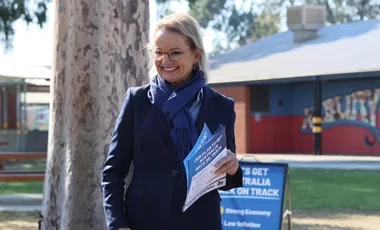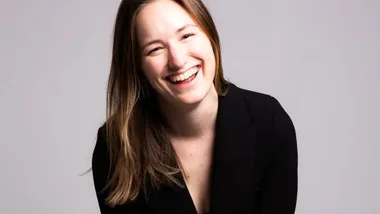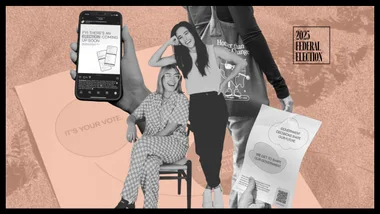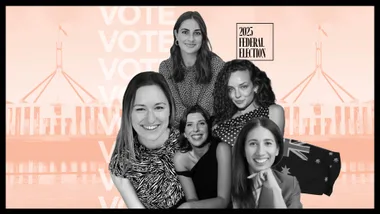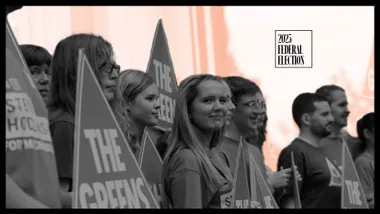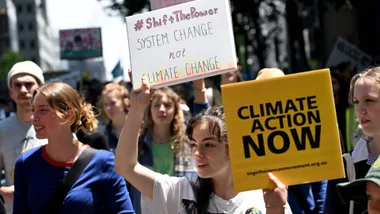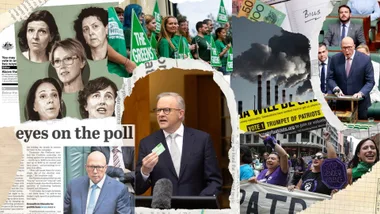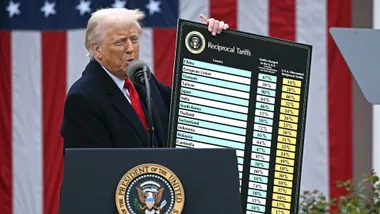In 2019, there are more women in leadership than ever before – yet, we still have a long way to go when it comes to women in power. New research released by girls’ rights charity Plan International proves just that, with 9 out of 10 young girls admitting they want to become leaders but fear they will suffer discrimination and sexual harassment if they reach the top.
The research, released at Women Deliver 2019 – the world’s largest conference on gender equality currently taking place in Vancouver – saw close to 10,000 girls and young women between 15 and 24 years and spanning over 19 countries included. The survey was replicated in Australia with 314 young people aged 15 to 24.
The 81 per cent of Australian girls and young women believe female leaders were treated unfairly because of their gender. Only 3 per cent said female leaders were ‘never’ treated poorly because of their gender. Globally, 9 in 10 of girls surveyed said they believed being a leader involved being treated unfairly.
RELATED: Four Australian Women On Taking On The Boys At Work
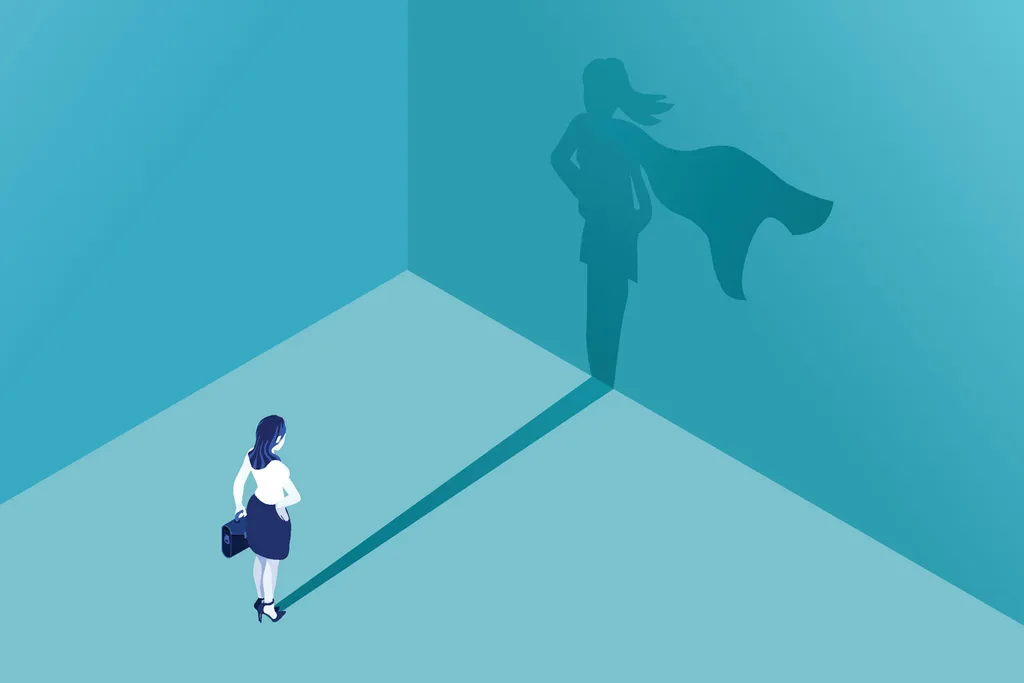
Worryingly, most Australian girls and women surveyed believe female leaders experience unwanted physical contact while at work, and just 1 per cent of girls disagreed. Globally, the figures were even more alarming, with 93 per cent agreeing that female leaders experience unwanted contact.
In Australia, almost half of girls and young women surveyed felt that their gender was a barrier to becoming a leader. This is significantly higher than the 5 per cent of boys and young men surveyed.
Speaking from the Women Deliver conference in Canada, Plan International Australia’s CEO Susanne Legena described the situation as “pitiful”.
RELATED: Survey Finds Nearly Half Of Men Believe The Gender Pay Gap Isn’t Real
“Why are we still here in 2019? We ought to be doing better by now. Like girls everywhere, Australian girls are confident and they want to succeed in their careers, but they are wary of all that entails. Why would you want to be a leader if that meant you will be harassed, belittled and face an uphill battle at every turn?” Ms Legena said.
“Unfortunately, all around the world – and this is the case in Australia – girls grow up seeing strong, smart, capable female leaders battle against misogyny and a system that does not afford them respect or equality.
“In Australia, women hold 35 per cent of seats in the Parliament. Countless businesses still have just one or two ‘token’ women on their boards. The women that are represented, from politics to the boardroom, are paid less, talked over and scrutinised for everything from what they wear to whether or not they have children.”
RELATED: THE ICONIC’s 5 Female Executives Share Their Best Career Advice
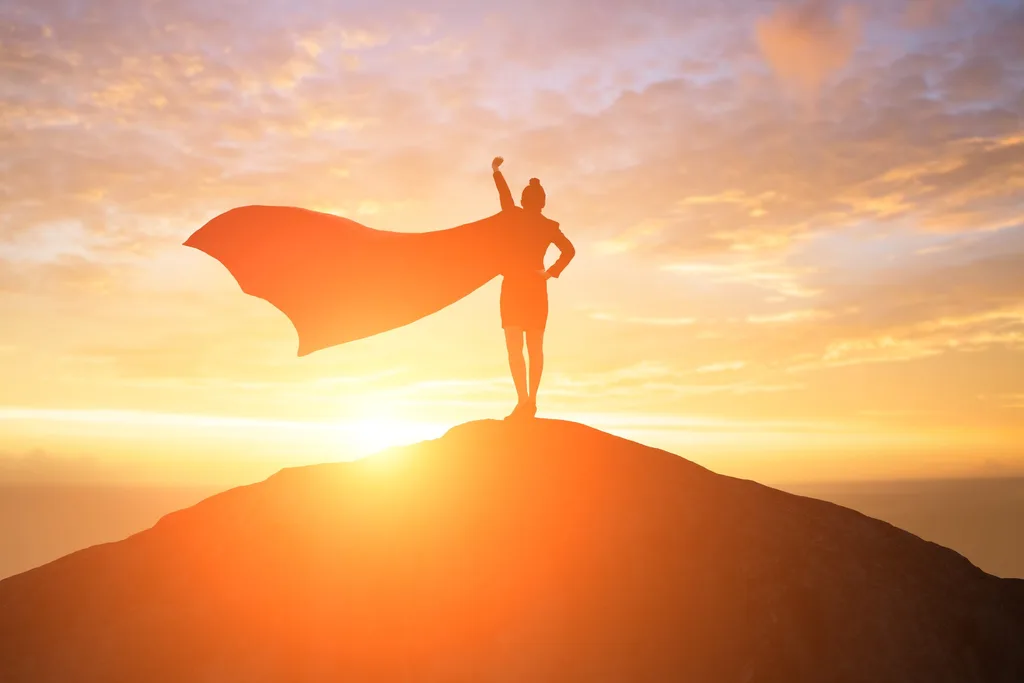
Legana continued, “Around the world, girls are too often held back from power. Some are denied the chance to go to high school, others are forced to marry as teenagers, and many are told that only boys are allowed to become CEOs or Prime Ministers. But girls are also the ones breaking down these barriers, smashing gender stereotypes in their homes and communities, fuelling the global movement towards gender equality and proving that they can do anything. When we listen to these girls, we change the world.”
“So what can we do? This research is wake-up call to all those in power – those in media, in business and in politics – to stand with girls and help create the change they want to see,” she finished. “When we do, we’ll unlock the extraordinary potential of the world’s young women, and everyone will benefit.”
Taking the Lead: Girls and Young Women on Changing the Face of Leadership was jointly produced with the Geena Davis Institute on Gender in Media.

